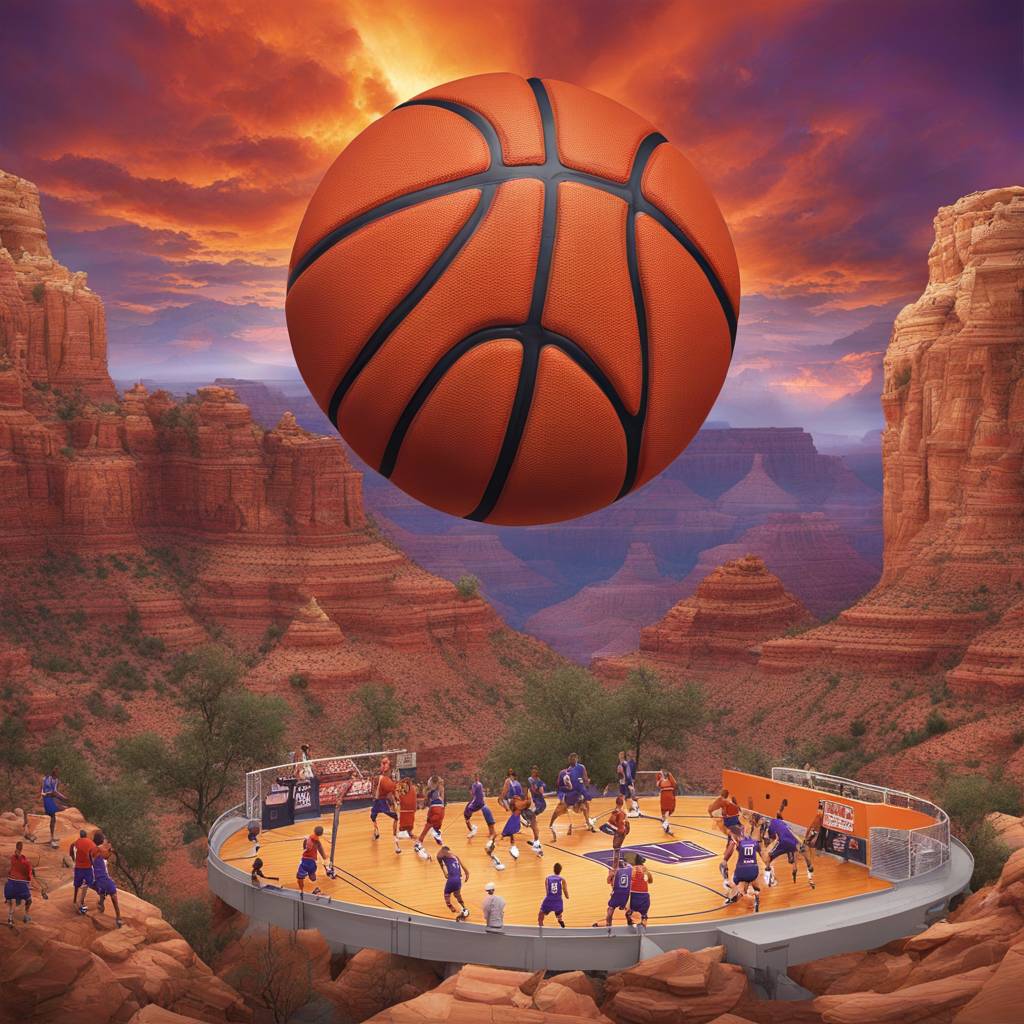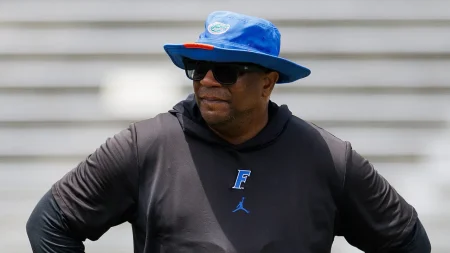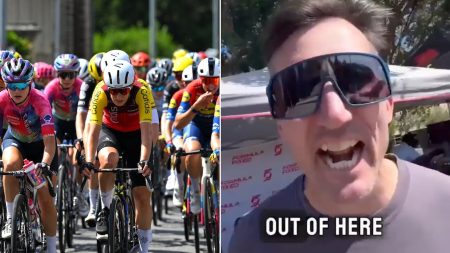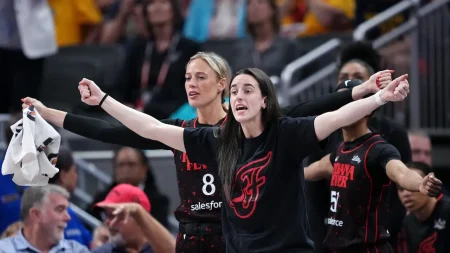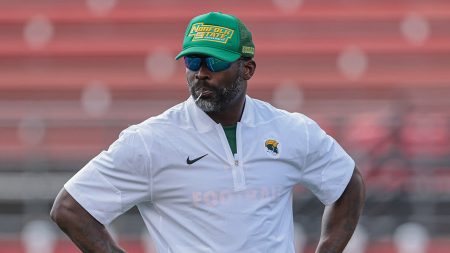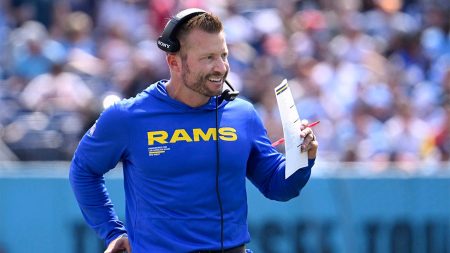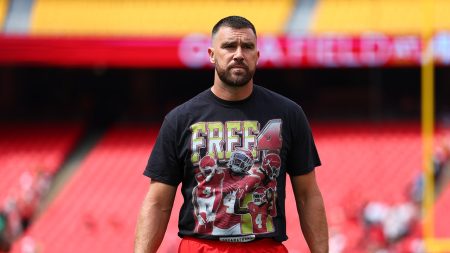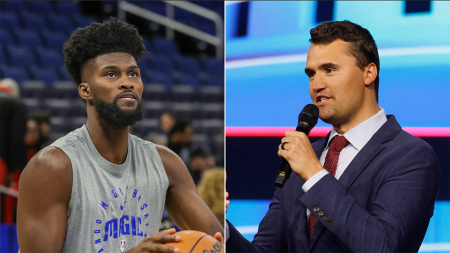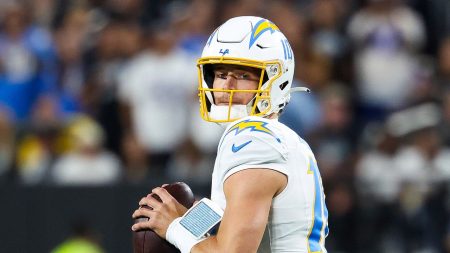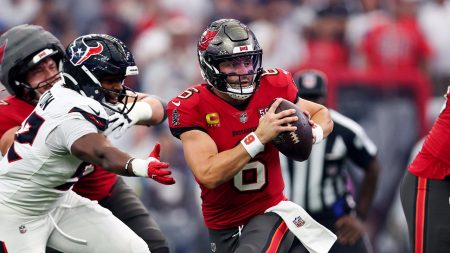During the NCAA Men’s Basketball Tournament, Charles Barkley heavily criticized Grand Canyon’s performance in their loss to Alabama, claiming it was some of the worst basketball decisions he had ever seen from a college team. Barkley was particularly unimpressed with Grand Canyon’s offensive strategy, noting that they relied heavily on individual plays rather than running set plays. The Antelopes only managed to shoot 32.1% from the floor and missed 14 free throws, ultimately losing by 11 points. Barkley’s co-analyst, Clark Kellogg, also expressed confusion over Grand Canyon’s decision-making throughout the game.
In addition to their poor offensive performance, Grand Canyon also struggled on the boards, with Alabama grabbing 20 offensive rebounds compared to the Antelopes’ 15. Head coach Bryce Drew acknowledged that the rebounding game was a significant factor in their loss, especially in the critical final minutes of the game. Despite upsetting Saint Mary’s to make it to the round of 32, Grand Canyon’s hopes of a Cinderella run were dashed by their subpar performance against Alabama. Barkley’s blunt criticism of the team’s play underscored the magnitude of their shortcomings on both ends of the court.
Grand Canyon’s ineffective offensive execution was a major point of contention for Barkley, who pointed out the lack of teamwork and cohesive play on the Antelopes’ part. The team only recorded five assists for the entire game, further highlighting their inability to move the ball effectively and set up scoring opportunities. Barkley’s scathing assessment of Grand Canyon’s performance resonated with many viewers and analysts, with Kellogg also expressing bewilderment at the team’s decision to eschew structured plays in favor of isolation plays.
Despite their disappointing loss to Alabama, Grand Canyon had shown potential by pulling off an upset against Saint Mary’s earlier in the tournament. However, their inability to replicate that success against a strong Crimson Tide team exposed their deficiencies in execution and game strategy. Barkley’s criticism of the team’s performance served as a stark reminder of the high level of competition and skill required to succeed in the NCAA Men’s Basketball Tournament. Ultimately, Grand Canyon’s lackluster showing in the round of 32 highlighted the importance of teamwork, discipline, and effective in-game decision-making at the collegiate level.
As Grand Canyon looks to regroup and learn from their tournament experience, the criticism from Barkley and others may serve as a valuable motivator for the team to improve and refine their approach to future games. The Antelopes’ disappointing loss to Alabama will undoubtedly be a source of reflection and growth for the program, with coach Bryce Drew and his players likely to address the shortcomings highlighted by Barkley and other analysts. Moving forward, Grand Canyon will need to focus on building a more cohesive and effective offensive system, as well as shoring up their rebounding and defensive efforts to compete at a higher level in future tournaments.
In the aftermath of their defeat, Grand Canyon will have the opportunity to assess their performance, address their weaknesses, and work towards achieving greater success in future seasons. The team’s experience in the NCAA Men’s Basketball Tournament, including the critical feedback from Barkley and other observers, can serve as a valuable learning opportunity and catalyst for improvement. By taking the lessons learned from their loss to Alabama and applying them to their future gameplay, Grand Canyon can strive to become a more competitive and resilient team in the collegiate basketball landscape. With a renewed focus on teamwork, disciplined execution, and strategic decision-making, the Antelopes have the potential to bounce back from their tournament exit and make a stronger push for success in the seasons to come.




